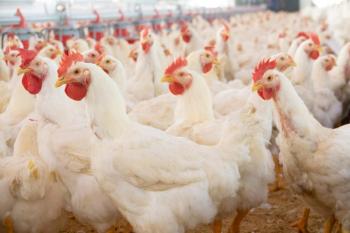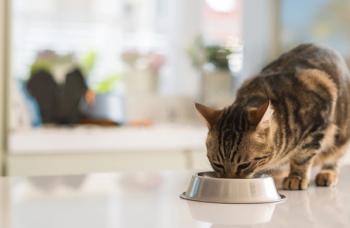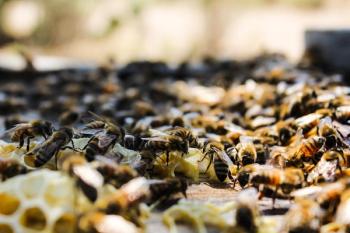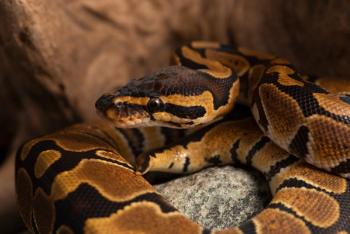
Six tips for your veterinary clients with backyard chickens
These gentle birds are a great way to start with avian species.
Getty ImagesChickens make wonderful avian patients, says Tracey Ritzman, DVM, DABVP (avian and exotic mammals), a practitioner in Michigan who spoke at CVC San Diego in December 2014. In fact, veterinarians who want to start seeing more birds could do worse than to start with chickens.
“Chickens are gentle,” Ritzman told a room full of veterinarians. “They're not aggressive, they'll sit still on the table if they have good footing, and they're easier to handle than other birds, such as parrots.”
Chances are that with the urban poultry trend continuing to climb, you probably already have a number of clients who have these birds roaming their yards. Here are some basic tips you can offer them, even if you end up referring these patients to an avian veterinarian nearby.
1. Chickens need to forage
In addition to providing needed nutrients, foraging is normal behavior for chickens. If they can't engage in this behavior, “they get a little wacky,” Ritzman says. Owners can allow chickens to forage by using moveable housing that can be placed in different locations around the yard.
2. It's normal for egg production to drop
Clients may mention that their hens aren't laying as many eggs as they did initially, and they may think this indicates a health problem. Barring abnormal exam findings, you can reassure these owners that it's normal for a hen's egg laying to decrease as her age increases.
3. Chicks will tell you if they're comfortable
Young chicks under a heat lamp have very specific temperature requirements, Ritzman says, and they'll react to incorrect heat levels in specific ways. If they're too warm, they'll disperse around the periphery of their enclosure, as far away from the lamp as they can get. If they're too cold, they'll huddle underneath the lamp in a clump. And if the temperature is just right, they'll be distributed evenly throughout the enclosure. Owners who notice anything other than this even dispersal can adjust the heat level accordingly.
4. A mister helps keep chickens cool in high temperatures
Ritzman told her audience that chickens can experience heat distress and even death at temperatures above 95 degrees F. One CVC attendee, a veterinarian from Tucson, Arizona, told fellow veterinraians that a mister is a great way to help chickens keep cool in high temperatures. Covering food and bedding with a metal roof can help prevent moisture-related fungal growth that can be harmful to the birds, he added.
5. Salmonellosis is a serious concern
U.S. outbreaks of salmonellosis in the fall of 2014 were linked to backyard poultry flocks whose birds all originated with the same mail order hatchery, Ritzman said. The disease can cause serious disease and death, and clients need to take precautions. It's not recommended that children under the age of 5, along with elderly or immunocompromised people, handle chicks or raw eggs, Ritzman said. The U.S. Centers for Disease Control has created educational resources for backyard poultry owners.
6. Diet affects stinkiness of manure
A veterinarian in Ritzman's CVC audience-one who owned a few backyard chickens himself-mentioned that you can “be a better neighbor” by feeding vegetarian-based feed (which is formulated to meet birds' dietary protein needs as well as animal-based feed). It's far less stinky, he says.
Newsletter
From exam room tips to practice management insights, get trusted veterinary news delivered straight to your inbox—subscribe to dvm360.






